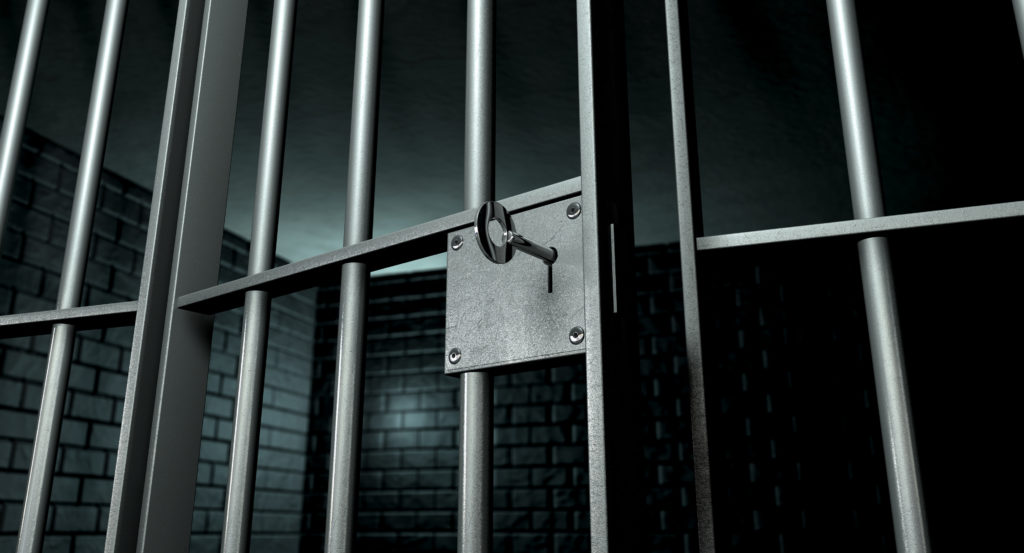 When you are charged with a crime, it’s usually classified as either a misdemeanor or a felony. What you are charged with will determine the penalties, punishments, bail amount, and whether or not you are eligible for bail. When you’re in need of bail money, a bail bonds place can help. At Freedom Bail Bonds, we offer both misdemeanor and felony bonds. Here are some of the things you need to know about felony and misdemeanor bonds.
When you are charged with a crime, it’s usually classified as either a misdemeanor or a felony. What you are charged with will determine the penalties, punishments, bail amount, and whether or not you are eligible for bail. When you’re in need of bail money, a bail bonds place can help. At Freedom Bail Bonds, we offer both misdemeanor and felony bonds. Here are some of the things you need to know about felony and misdemeanor bonds.
The Differences Between a Misdemeanor and Felony
The biggest difference between a misdemeanor and a felony is that people are usually charged with felonies for bigger crimes. Some common felonies include:
- Murder
- Rape
- Aggravated assault
- Possession of a controlled substance (over a certain amount since this can also qualify as a misdemeanor under a certain amount)
- Burglary over a certain amount
- Kidnapping
- Arson
These crimes are seen as “elevated” crimes. Misdemeanor crimes are usually to a lesser degree. Some common misdemeanor crimes include:
- Petty theft
- Vandalism
- Trespassing
- Reckless driving
The punishments for each crime depend on whether it’s a felony or misdemeanor, the amount in question (if applicable), and whether you have any past convictions or not. For misdemeanors, penalties include fines, probation, jail time of up to a year, and community services. Typically, jail time is spent in a county jail, rather than a prison, and some sentences can be completed on the weekends only. Felonies, on the other hand, result in higher fines, longer jail times (in actual prisons), and other punishments.
Bail for Felonies vs. Misdemeanors
Misdemeanors tend to result in bail of a lesser amount than bail money needed for a felony. In addition, some people who are charged with felonies are never granted bail. This is usually reserved for high crimes such as murder and rape. While bail amount for misdemeanors can be in the thousands alone, bail amounts for felonies can reach the millions. Even though you only have to pay ten percent, this can still be a huge chunk of cash. This is where bonds come in. Bonds from bail bonds agency bail you out at the time, so you can stay at your home and have more time to prep for the trial. Felony bonds are typically greater in price and come with more paperwork (since there is a greater risk involved) than misdemeanor bonds. Luckily, at Freedom Bail Bonds, we offer both. If you or a loved one is in need of a bail bonds agency, call us today!
 It’s everyone’s worst nightmare: you are arrested and find yourself facing the prospect of spending the night in jail. There are many reasons you may get arrested, from simple misdemeanor or bench warrants to more serious crimes. After your arrest, there is a process that is followed which can arrange for you to get quick jail release: posting bail. However, there could be a number of things that can actually prevent you from either qualifying for quick jail release or from being able to post bail. At
It’s everyone’s worst nightmare: you are arrested and find yourself facing the prospect of spending the night in jail. There are many reasons you may get arrested, from simple misdemeanor or bench warrants to more serious crimes. After your arrest, there is a process that is followed which can arrange for you to get quick jail release: posting bail. However, there could be a number of things that can actually prevent you from either qualifying for quick jail release or from being able to post bail. At